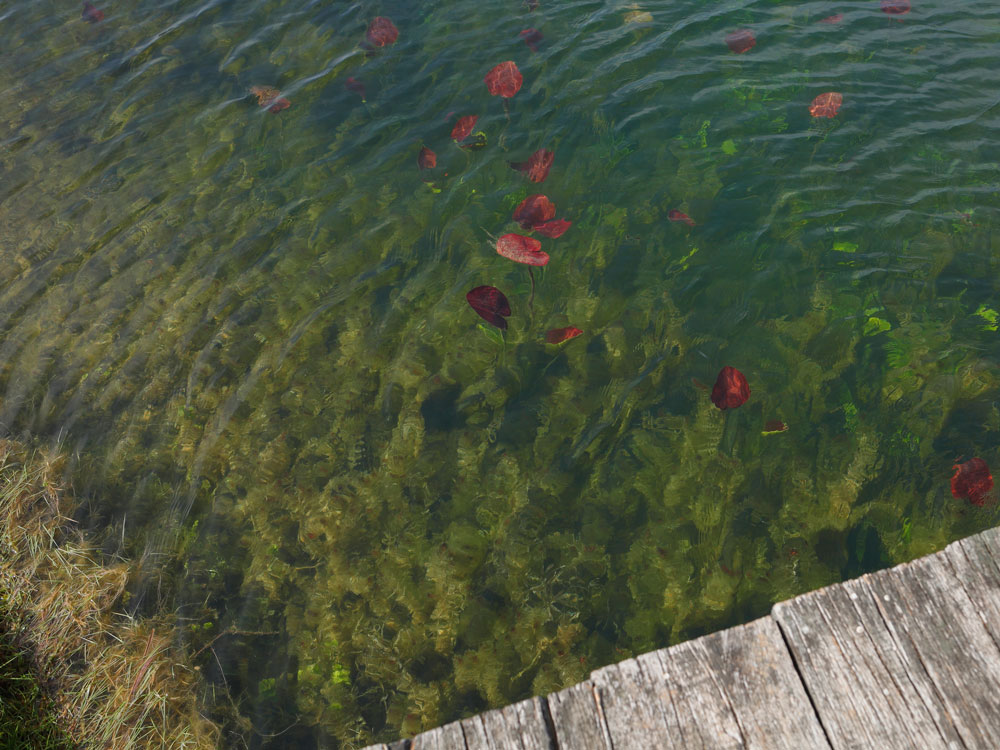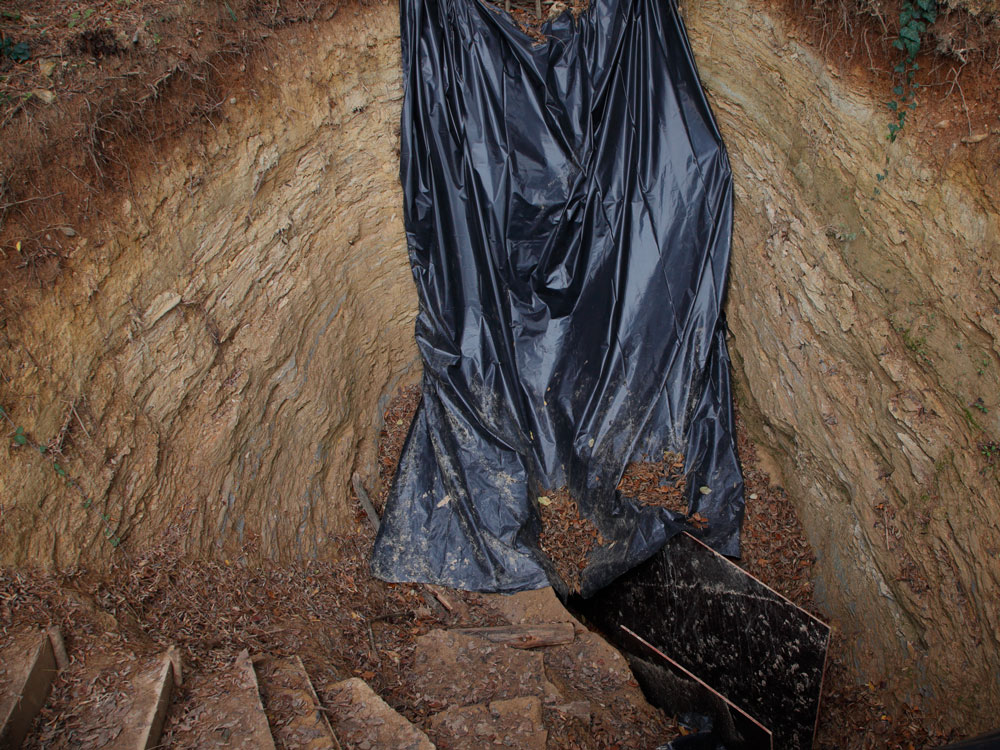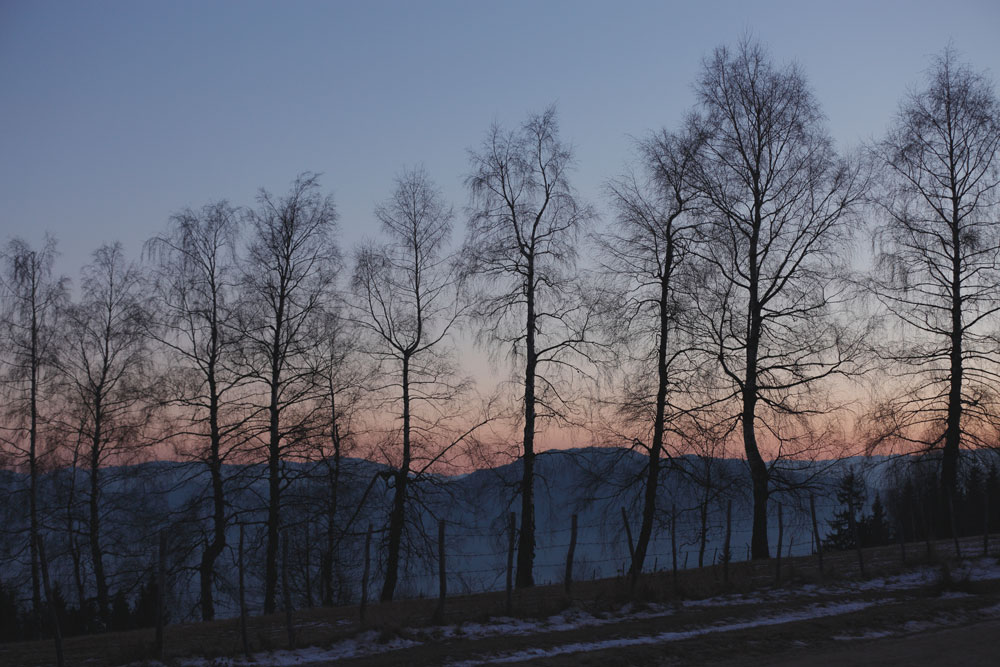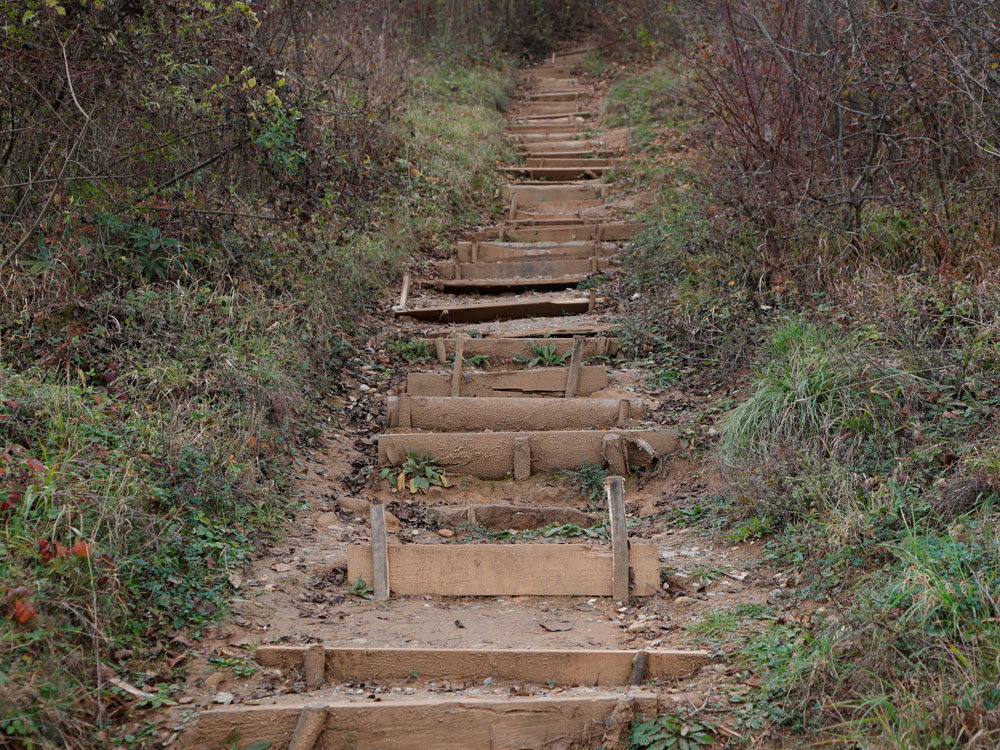Read the poems in the original Bosnian/Croatian/Serbian

A mortar breaks its fast
The bombs are mum now
In the sole tree-crown
A sparrow chirping
No more chestnuts left
Behind the blind window panes
How long is the night
The grasses grow lush
Right there on the warm asphalt
Blood and bread laid out
An afternoon in May
In the middle of the pavement
Blooms a blood-stained rose
My beloved friend
By the trunk of the felled ash
You are on my mind
Museum garden
Recalls the Japanese cherry
There stood we silent
A madman singing
By the bombed out house
Where a dog whimpers
Bullets whizzing past
In the crown of the ash tree
No more sparrows left

I am a writer. I was
A refugee from Bosnia,
Now I’m a refugee from myself
Which is good for poetry
I’m sitting in my hotel room in Copenhagen
Waiting to be awarded a poetry prize
For diasporic multiculturalism
Tomorrow
So, I have one whole day
To sit about at the hotel
It’s a nice hotel, the room, too, is nice
I could live here
Write something nice
If only I weren’t me
I could have a drink
To pass the time till tomorrow
But I’m afraid I might fall asleep
In this strange city
In a strange language
Amongst happy people
And wake up
Screaming
In Srebrenica

For M.H.
This city squeezes us till we
squeal in its strangling embrace. We observe it from above –
we, the Caesars of the moment, breathing its breath:
the bodies of men, the blossom of God, the murmur of stations,
the peace of the Japanese cherry in the Museum garden,
those who once were dear to our hearts –
our bosom serpents.
One of them standing between us waves his hand
towards the torn down tower up above – as if granting a permit
to rebuild – and says:
Still, this city is incredible.
Let us come down from up high.
One should gaze at the face of History
with more modesty. Only so can we see our reflections
in ourselves: how great were we amidst the splendour and the squalor?
Neither splendid nor squalid,
but so-so – lest we fall into either.
We break off bits of what was won
by those greater and grander than us,
our calculations simple yet sublime: divide, subtract,
add, multiply …
Let us go, then, you and I,
the lords of the tower in the air – let us descend into the city
in silence and all sorts of pain.
Glide down the palm of the street, like drops
lest our dreams come true. They are all the same:
add, multiply, divide, subtract…

Up on high, above the aeroplanes, dwelleth the dear Lord,
Golden eyes aglimmer in the Sarajevan murk.
Bombs and blossom fall by my window.
Madness and me. Alone. Alone, we are. Alone.

Callously, at length, all things repeat themselves
and all things happen for the first time:
the face of the youth whose life seeped
through your hands all night, from a hole
in his back.
The face of the soldier,
eyes agog by the bus stop
where the mild May sky had stopped – You’re making things up,
I say – this is not the distant and serene face of History.
The puddle of blood: floating in it, a loaf
soaked as if in a morning cup of milk –
You’re making things up, I repeat, for the first time again:
the leaden Sarajevo clay falling on a boy’s
big feet shod in a pair of Reebok trainers
hanging off a burial tabut made out of a wardrobe door. No, you
cannot be trusted, you come from the heart of
the darkness that gushed forth into day.
You are an unreliable witness, partial at that. Never mind,
the Professor is here, a Parisian through and through:
Mes enfants,
he began, and his fingers kept repeating:
Mes enfants, mes enfants, mes enfants, in the middle
of the Academy hall the greyheads could think of
nothing but his screamingly white shirt.
Mes enfants, Europe is dying here. Then he
arranged it all into a film, into pictures, into grand words like
histoire, Europe, like responsabilité and, of course,
les Bosniens. That is how one should gaze at the face of History,
not like you, with your crude irresponsible fragments,
snipers’ slugs splitting skulls,
graves overgrown in relentless grass,
your palms resting on
Edvard Munch, who once, like you,
made it all up, in vain.
To B.H. Levy, with a fistful of salt, 1993.
Mirza Purić is a literary translator, most recently of Marko Pogačar’s Neon South (Sandorf Passage 2022).
Vanja Čerimagić is a documentary photographer based in Sarajevo, the capital of Bosnia and Herzegovina. For more than a decade, he has been completing assignments for a wide variety of clients by portraying their values and telling stories through images. He regularly collaborates with some of his clients and has been working for the United Nations Development Programme (UNDP) for the past decade. Clients he has worked with so far include international development organizations such as EUIC, UNHCR, UN Women and UNESCO. Along with his documentary work, he is passionately devoted to concert and performing art photography.
More about his work can be found at www.cerimagic.ba/about
Ferida Duraković: Pjesme
Poems by Selma Asotić





